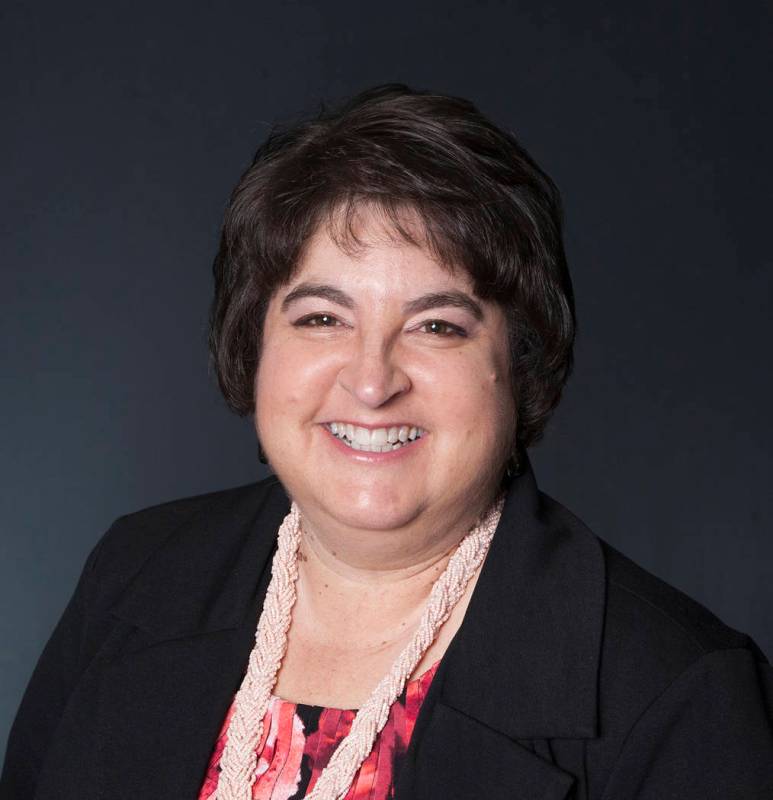
Utopia. Shangri-La. Paradise.
No matter what you call it, it’s an ideal place. A safe haven where virtually nothing goes wrong and you can live happily ever after.
But if you think about it, is there really such a thing as utopia or happily ever after? In all the fairy tales I’ve read, the hero or heroine has to overcome some type of adversity before he or she can ride off into the sunset.
Snow White had her battle with the Evil Queen, was forced to flee her home and was poisoned with an apple before being woken by the kiss of her prince.
Cinderella was living happily with her parents until her mother died and her father remarried. Then, after her father’s death, Cinderella’s evil stepmother forced her into servitude. With the help of her fairy godmother, Cinderella was able to find her Prince Charming. Though he was only able to find her when she tried on her glass slipper, eventually they were able to live happily ever after.
Consider the tale of Pinocchio. A poor, lonely old man longed for a family of his own. He carved a “son” out of wood, who was brought to life by the Blue Fairy with the promise of being turned into a real boy. They were happy until the son was tempted by various outside forces. After almost getting turned into a donkey and sold as slave labor, he escapes only to find his father gone and swallowed by a monstrous whale. It wasn’t until he devised a plan to help them both escape from their prison inside the whale’s belly that they get their happy ending.
Even nonfictional tales have their own trials. Think about the biblical story of Adam and Eve. They were living in the Garden of Eden, paradise by many religious standards, until they were tricked into eating forbidden fruit from the tree of knowledge of good and evil, and being banished forever.
Or the story of Moses, who was condemned to die but rescued and raised as a prince in the pharaoh’s home. Once he learned of his true heritage, he left his homeland only to return later to help free the slaves. He rescued them and led them to the promised land.
There are hundreds of examples of people overcoming adversity to find their very own happy endings, including one that is happening outside your front door.
Boulder City comes close to being an ideal place. People stop each other on the street to say hello. Community events offer ways to gather together and support worthy causes. Students excel in our smaller schools. Crime rates are lower. Plentiful parks provide activities and abundant greenery.
Yet, life here, too, brings adversity for its residents. Think about the upcoming completion of Interstate 11, which is literally snaking its way through the outskirts of the city.
The very purpose and promise of alleviating traffic congestion in town also means that there will be fewer cars in town, which could threaten the existence of local businesses and perhaps the city itself.
Who knows what will need to be done to bring residents their happy ending. At this point in the story, the answer remains unclear.
That doesn’t mean that we have to abandon our hopes and dreams of living in paradise. Like our heroes and heroines did, a little imaginative thinking, working together and finding expert help could be the solution.
Hali Bernstein Saylor is editor of the Boulder City Review. She can be reached at hsaylor@bouldercityreview.com or at 702-586-9523. Follow @HalisComment on Twitter.